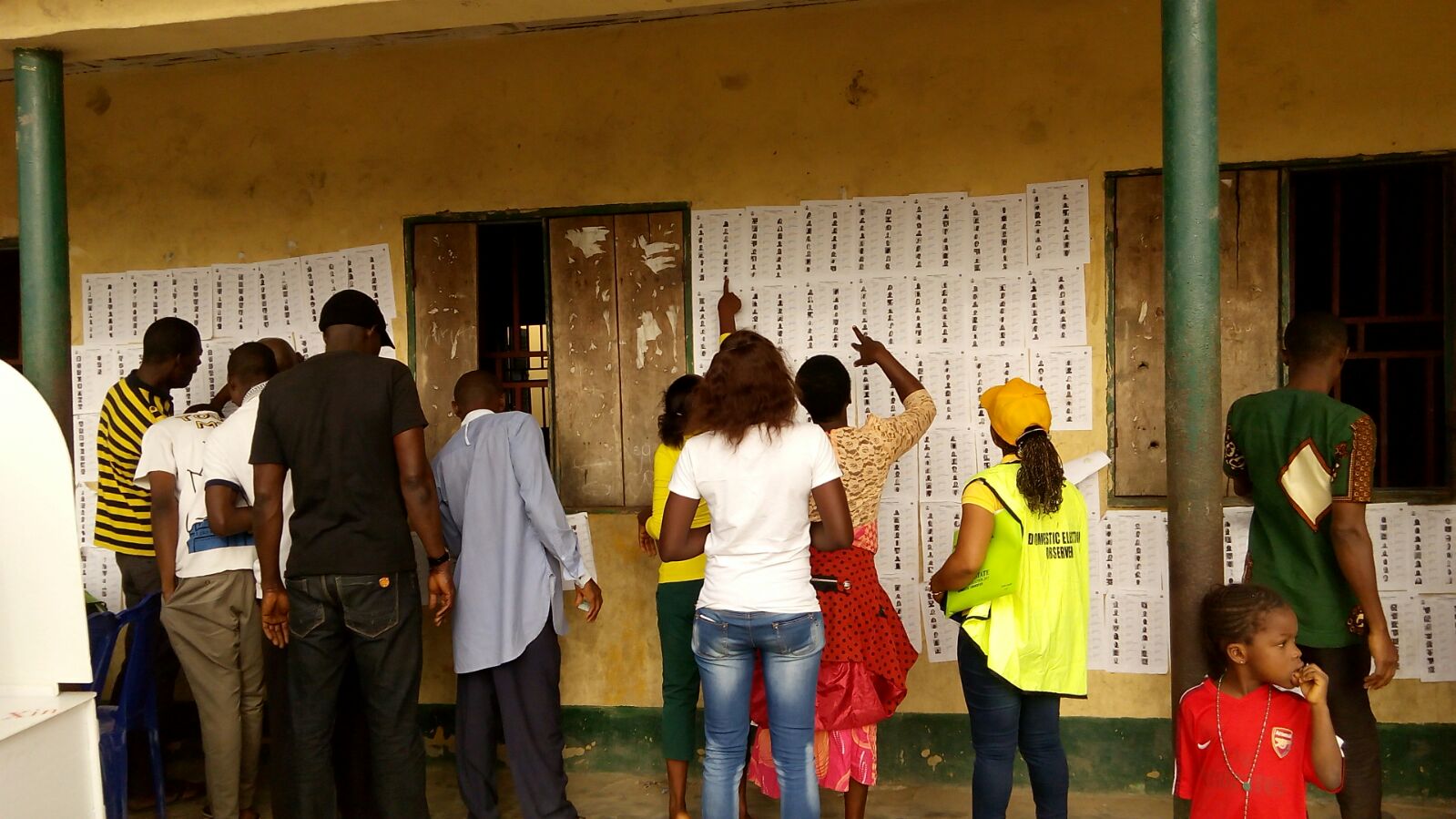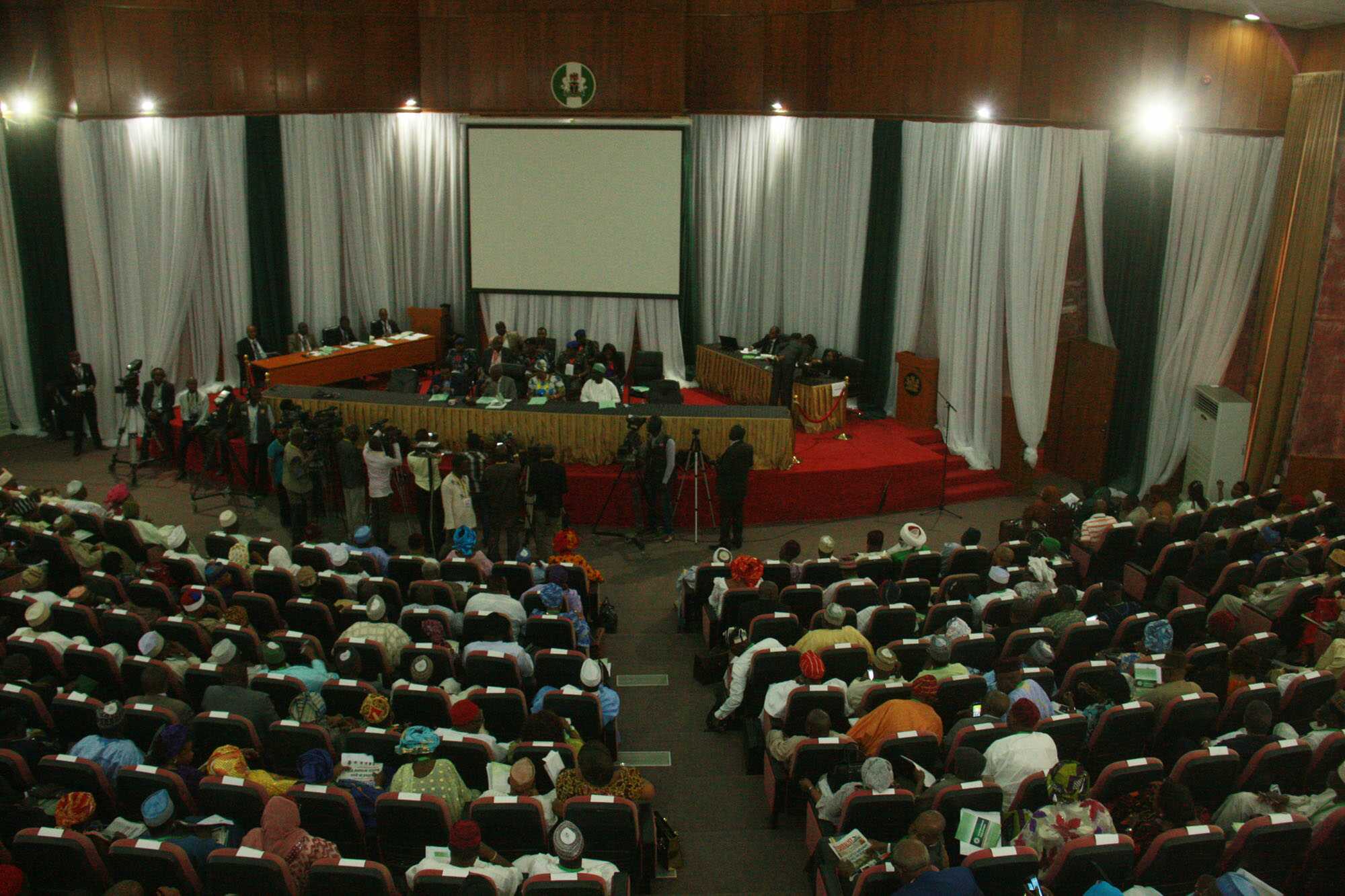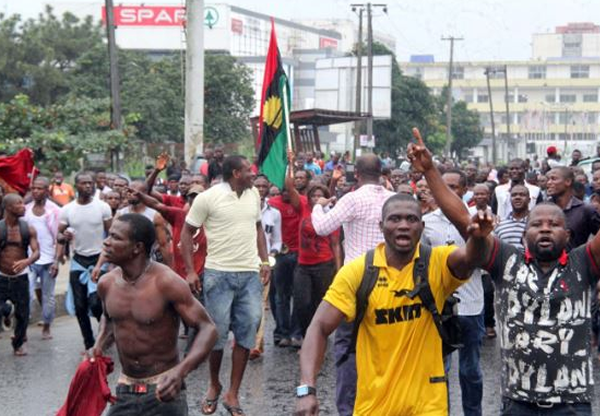BY PRISCA CHIKAONUEGBU
A little boy once said, “They say I’m in Basic one, but all I know is that I’m in Primary One”. It doesn’t seem far-fetched that a six-year old should be confused because of the mumbo-jumbo of half-baked policies that our educational system has been at the mercy of, over the years. Permit me to give a quick overview of the system of education in Nigeria.
In Nigeria, the 6-3-3-4 system of education, which was introduced in 1982 to replace the 6-5-4 system, according to experts, was designed to inject functionality into the Nigerian School system, by producing graduates who would be able to make use of their hands, heads and hearts (the 3Hs of education). This policy was changed about 24 years later when the minister for education at the time, Dr. ObyEzekwesili, heralded the 9-3-4 system coupled with the privatization of unity schools (hitherto called Federal Government Colleges). The effect of this change was in the name only; it seemed like a short form.
Then, Prof. Ruqayyatu Ahmed Rufai, during the GoodluckEbele Jonathan (GEJ) regime, proposed to the National Assembly (NASS), the need to revert to the old system of 6-3-3-4, but with a modification that would include Early Childhood Education (ECE). In the manner of her predecessors, she also christened the system, hence the name 1-6-3-3-4.
Advertisement
The major problem with Nigeria’s system of education is the inconsistency in our policy implementation. We adopt a system today and about 5-7 years later (it’s even lesser now), we want to dump and pick another instead of consolidating it. The United States of America have had the grade system in place for ages. They’re not changing it and it’s working for them, as well as other developed nations of the world.
To put the proposal into practice needs careful planning. But what do we have? The Federal government implements before planning. This has resulted in successive years of inconsistencies and confusions. Let me not even start with the messed up curriculum. Important subjects have been made optional and those that can be learnt within a week have been made to be compulsorily taught for nine years. Students know nothing about the history of their country; Biology has been made optional, local languages have also been made optional. How can the merging of Integrated Science with Introductory Technology be a simpler approach to teaching? The resultant effect is that students have no sense of direction as to what to read when it’s time for exams.
Another problem is inadequate infrastructure. Without relevant structures and facilities to back up all the “naming ceremonies”, the education system is naturally taking a turn for the worst. Those in technical schools complain of lack of infrastructure to do much practical learning. Public facilities are misused, laboratories are not properly equipped.
Advertisement
There’s inequality of access to education in Nigeria. Because some states are not exactly sound when it comes to security, education isn’t encouraged. A good education is gradually becoming unaffordable, no thanks to the Government policy on privatizing unity schools. Gender inequality is still an issue, especially in Northern Nigeria. Teachers don’t get remunerated well, and as such, enthusiasm for the job isn’t there. This has increased the rate of bribery and corruption in the educational sector.
One piece is not enough for me to write comprehensively about the problem with our educational sector. My biggest concern is for the students who attend public schools- primary, secondary and tertiary. Primary school pupils who should be learning through play and music to build their creativity and imagination, while also being exposed to basic literacy and number operations, are burdened with cumbersome assignment and class activities that do not encourage self-expression. So much confusion as to what subjects are compulsory and which are not has resulted in secondary schools students who are not properly guided in choosing the correct subjects for their intended career choices. Furthermore, incessant strikes in tertiary institutions have left students spending almost twice the number of years required for a course of study. It is hard to imagine how this affects each student’s life trajectory and overall goals and plans.So many things are simply not right!
How shall we salvage this situation? It starts from policy reform. Policy makers should do an in-depth assessment before they arrive at their decisions. They must learn to research on what kind of policy is most workable on the Nigerian terrain and stick with it. Policy reform also spans recruitment, selection, placement and appropriate remuneration for teachers at all levels. Policy haste in education never gives desired result. It would be better if policies are made in such a way that changes can be accommodated without disturbing the overall system in operation.
In addition, loans, bursaries and scholarships should be awarded transparently. It should no longer be about “who knows who” but about who truly deserves it, especially if such person is less privileged. A good number of people live below $1 per day in Nigeria; hence the policy on privatization is not favourable to them. Education should be made easily accessible to both the rich and poor.Government should revisit the approval and licensing of certain institutions. It takes integrity to not approve schools who deliver below the quality of education required. It takes integrity to not collect bribes and ensure due process is followed.
Advertisement
I hope we know that thegovernment begins with us; leaders in small spheres, officials in local governments, zones and regions, and the “ogas” at the top. If we don’t value integrity at the grass root, then little can be done at the top. Nigeria deserves the best and we’ll surely get there.
Views expressed by contributors are strictly personal and not of TheCable.
Add a comment






